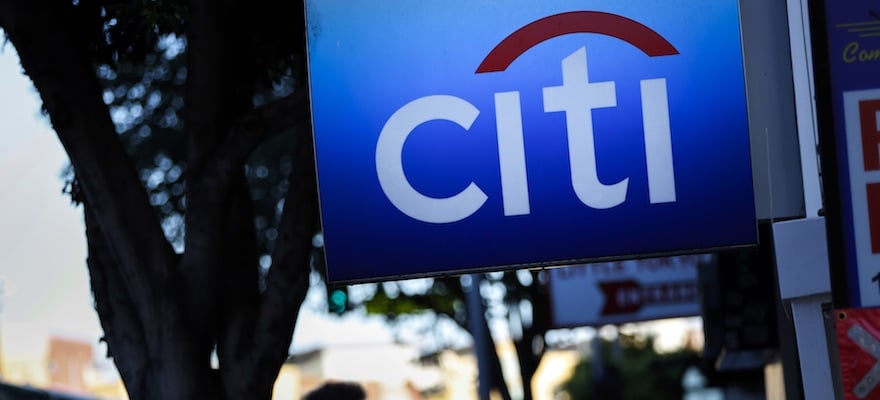Citi, the world’s biggest currencies-dealing bank, has been working on contingency plans for next week’s UK referendum on EU membership for some time, according to the Financial Times.
Preparations for Brexit
Along with all the other major banks, Citi is planning to have staff working through the night when the results are revealed in order to ensure minimal disruption.
Some banks have reserved hotel rooms for their staff while the Bank of England is on standby to offer extra Liquidity to the markets to ensure they function smoothly. However, this has not stopped five of the bank’s most senior currencies executives including James Bindler and Okan Pekin from taking between one and three days out of work last weekend to drive their sports cars across France as they declined to cancel their annual Ferrari road trip.
Citi employees are reported to have said that they felt the holiday was embarrassing and that although “everyone is entitled to a holiday”, the timing and nature of the trip was “insulting” to employees according to sources.
Employees at the bank are regularly reminded that their conduct outside work reflects on the bank. Nonetheless, Citi said that its preparations for the referendum have been going on for many months, and they continue across all businesses.
The latest polls suggest that Brexit could be on the cards, hence bankers across London are working long hours and closely scrutinising contracts to ensure the bank and its customers are not left with hefty losses in the event that sterling plummets.
Big Losses
Citi lost in the region of $200 million in the last major currencies-market shake-out, when the Swiss franc unexpectedly shot up in January 2015.
Some market watchers believe that the referendum may deliver a downward smack of similar size to the pound. Traders are said to be preparing for levels as low as $1.10 in the pound, which is currently trading at just under $1.42 in the event the UK votes to leave the EU.


















